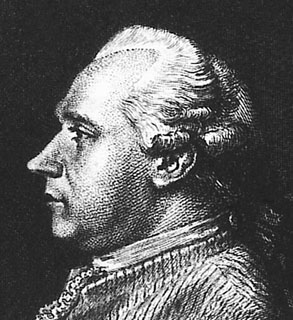Later, the policies would prove overwhelming for Germany. Hyperinflation over reparations destroyed its economy, and already in 1925 the Locarno Pact looked to weaken French diplomatic dominance over Eastern Europe, which would favor Germany, especially in its hastening of moving French troops out of the Rhineland by 1930. Three years later, leader Adolf Hitler would reinvigorate Germany by strict economic practices and illegally rebuilding the armed forces. War-weary Europe primarily ignored the Chancellor's activities, usually too concerned with their own economic woes to deal with another expensive war. France itself became increasingly under pressure from its leftist movements and ultimately signed a new pact with the Soviet Union in 1935, which would prompt Hitler to move into the Rhineland as he felt the French had already violated the Locarno Pact.
Upon news of the German reoccupation of the Rhine, French Prime Minister Albert Sarraut decided now was the time to solidify his party's place in the government. He rallied France to the illegal actions of the Germans, gained the blessing of the League of Nations, and marched troops to chase out German soldiers. The German generals, already nervous about the action, retreated. Hitler was furious with them, but the generals knew the lackluster preparedness of the Reich's armies. German Foreign Minister Neurath went as far as demanding another push, but Hitler lost his nerve.
In his Reichstag Speech at the time of the reoccupation, Hitler said, “I would therefore like the German people to understand the inner motives of National Socialist foreign policy, which finds it painful that the outlet to the sea of a people of 35 millions is situated on territory formerly belonging to the Reich, but which recognises that it is unreasonable and impossible to deny a State of such a size as this any outlet to the sea at all,” which was taken by the French and Belgians as a notification of a policy of invasion and war. The matter was discussed in the League of Nations, and British Foreign Secretary Sir Anthony Eden's plan for bolstering the Germany economy was reexamined. Germany would win back several colonies, but it had gone too far in trying to force its hand, losing potential economic advantages along the Rhine and Danube. Military action suddenly became a terrible public relations move.
In a poll on March 29 in Germany, the Germans would come to a marginal split over whether the invasion had been a good idea. Hitler conducted the Olympics that summer, where he would again lose face after his Aryan athletes were defeated by international figures such as African American Jesse Owens. After strikes washed across France in 1936, they would spill into Germany, and Hitler's government would be voted out in favor of more moderate and left-leaning ones. Hitler himself would be appointed to a governorship in Kaiser Wilhelm's Land (internationally known as Papua New Guinea), where his fame would all but disappear from the world view, though his paintings of the tropical Pacific would later be lauded in museums in Berlin, London, and New York.
The world, meanwhile, would come to a new wave of revolutions as Socialism grew, fed by successes from the USSR, while Fascism faded in long, unwinnable wars in Spain and Italian Ethiopia.
–
In reality, Hitler dominated the Rhineland unopposed. The national referendum on March 29, 1936, showed that 98.8 percent of Germans approved the re-militarization action. Germany would gain a tremendous diplomatic victory, and Europe would proceed on a course of appeasement during the absorption of Austria and Czechoslovakia. Finally, World War II would break out through Hitler's invasion of Poland in 1939.





